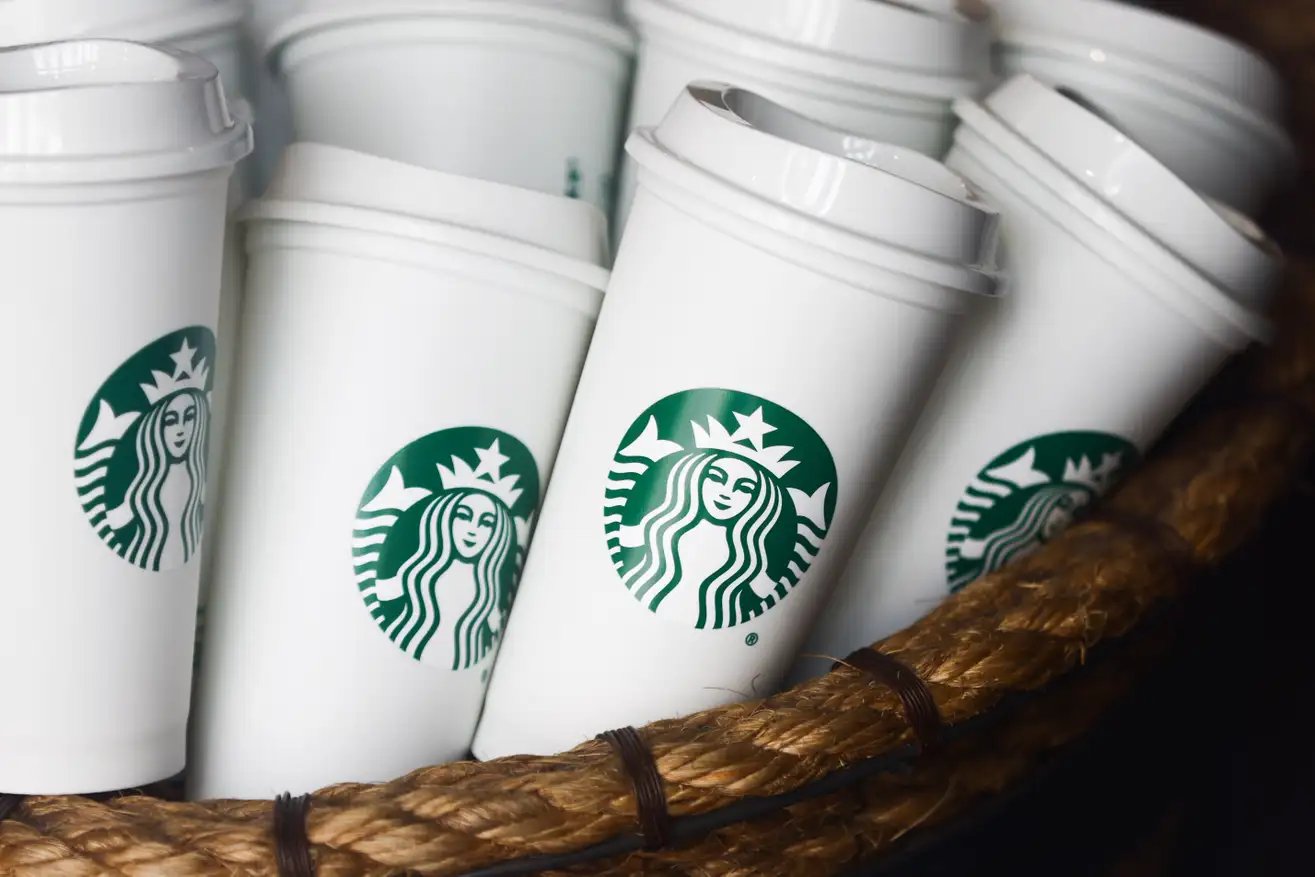Starbucks is turning to old fashioned TV ads to turn things around
The coffee giant also plans to stop charging for non-dairy milk

Starbucks (SBUX) is going prime time. The coffee giant plans to roll out a fresh batch of linear TV ads aimed at engaging everyone, not just loyal customers.
Suggested Reading
“It reminds customers across age groups that Starbucks serves the best coffee,” Starbucks CEO Brian Niccol, told investors during the company’s earnings call on Oct. 30.
Related Content
Customers can expect to see lively ads that showcase the efforts of agronomists, master roasters, and the baristas whipping up the beverages.
These initiatives have likely caught customers’ attention already, Niccol said, noting that there’s more on the agenda. Starbucks is eliminating the extra charge for non-dairy milk, bringing back its condiment bar, adding self-serve cold brew stations, and offering in-store customers a ceramic mug option. It’s also equipping baristas with Sharpies (NWL) again to enhance the “human touch.”
However, customers should no longer expect a slew of discount-driven offers. Starbucks is stepping back from these promotions, which have diluted the brand’s premium image and overburdened its baristas. Niccol said “customization guardrails” will streamline ordering and reduce pressure on staff.
The focus will instead be on providing a consistent and enjoyable coffee experience that encourages customers to return, emphasizing speed and accuracy. Nicco noted that drinks will be made in four minutes or less, while menu prices remain stable through fiscal 2025.
Earlier this week, the chain announced that its olive-oil infused Oleato drinks would become obselete on Nov. 7, coinciding with its holiday launch. Additionally, Starbucks is introducing a new policy requiring corporate employees to work in the office three days a week starting in January, with potential consequences for noncompliance, including termination. While specifics are still unclear, this move aims to standardize operations across the company.
Starbucks reported quarterly earnings on Wednesday that fell short of Wall Street’s expectations, revealing that sales had slipped for the third consecutive quarter as it struggles in its two largest markets, the U.S. and China. In the fourth quarter, Starbucks reported $9.07 billion in revenue, about 80 cents a share, missing analysts’ expectations of $9.36 billion and $1.03 per share.
